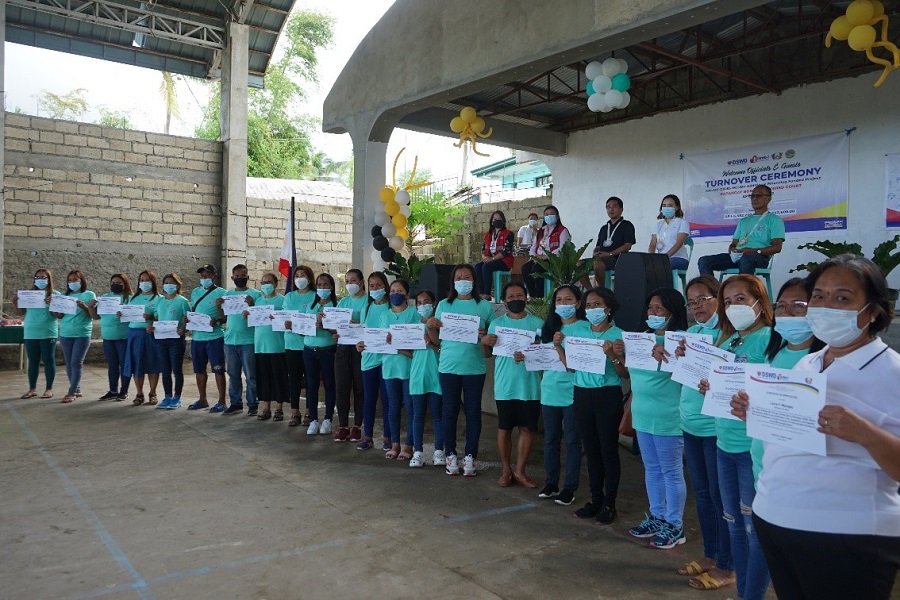News
KALAHI-CIDSS Pushes for BHWs Empowerment


As the first line of defense, barangay health workers (BHWs) continue to be the backbone of the country’s primary healthcare system and link the community to basic medical care at the grassroots level.
Kapit-Bisig Laban sa Kahirapan Comprehensive and Integrated Delivery of Social Services (KALAHI-CIDSS) of the Department of Social Welfare and Development (DSWD) believes that community development carries with it a responsibility of taking care of and supporting those who take care of vulnerable communities.
With additional financing being implemented from 2021 until 2023, the program continues to provide adequate support not only to local government units (LGUs) but also to capacity-building for volunteers and sectoral groups whose roles are crucial in addressing poverty that resulted from the pandemic.
In Aloguinsan, Cebu, having limited access to medical care, KALAHI-CIDSS under Phase 1 of its Additional Financing turned over four barangay health stations and one isolation facility with amenities, medical and disinfectant tools, equipment, and communication devices necessary for the operationalization of the facilities.
These facilities will house the LGU’s basic health services and augment the available resources provided by other agencies. Barangay health workers who will soon be deployed to operate these facilities were given training programs appropriate to them, like community building and environmental safeguards.
Punong Barangay of Bonbon, Hon. Owen A. Manguilimotan expressed how the program of KALAHI-CIDSS helped them over the years with projects that were suited to their needs. “Despite the many areas where medical care is most needed, DSWD continues to capacitate our people with the right training, and it is an added value for our BHWs as they voluntarily render their time and efforts in the delivery of health care services,” he said.
Their participation in KALAHI-CIDSS not only enhanced their capabilities but also developed interpersonal and behavioral skills to prepare them for more challenges ahead.
“While we encourage that these projects be sustained and be used for many generations to come, KALAHI-CIDSS of DSWD hopes that they will carry the vision of Aloguinsan for a better and inclusive society,” said Helen C. Ybañez, program Community Development Officer IV.
Aloguinsan local government expressed their appreciation of the program for connecting their communities to primary healthcare services while pushing for the empowerment of their women and basic healthcare providers.













